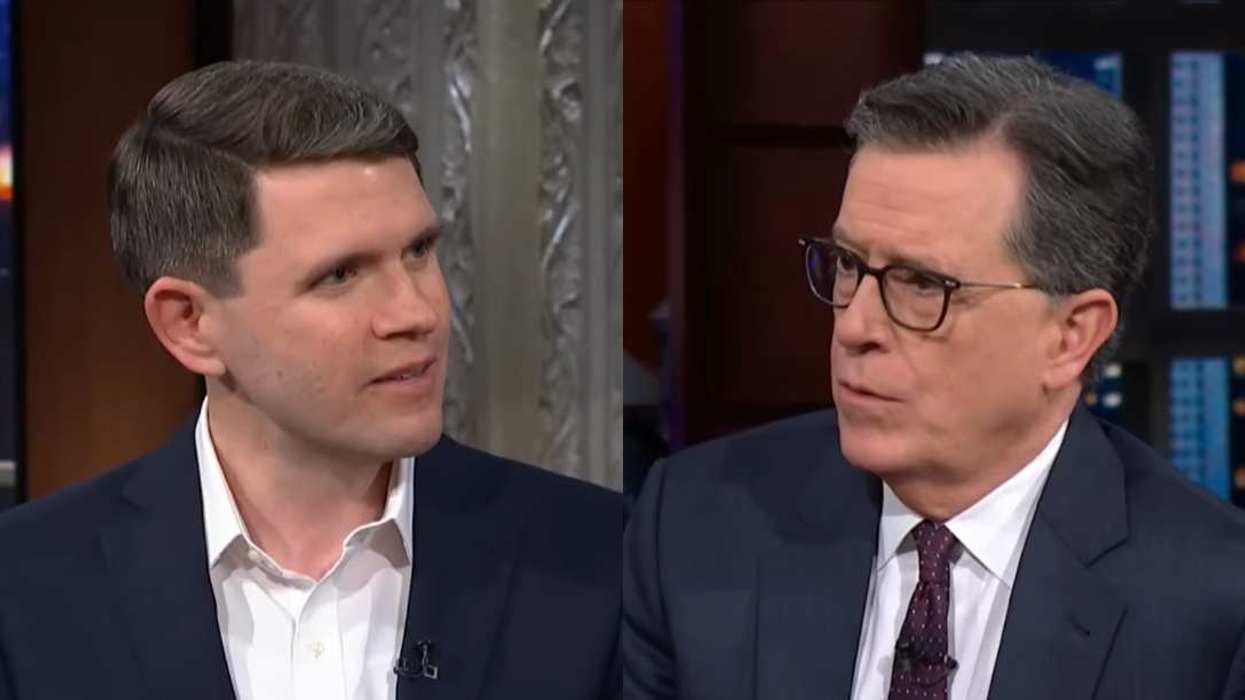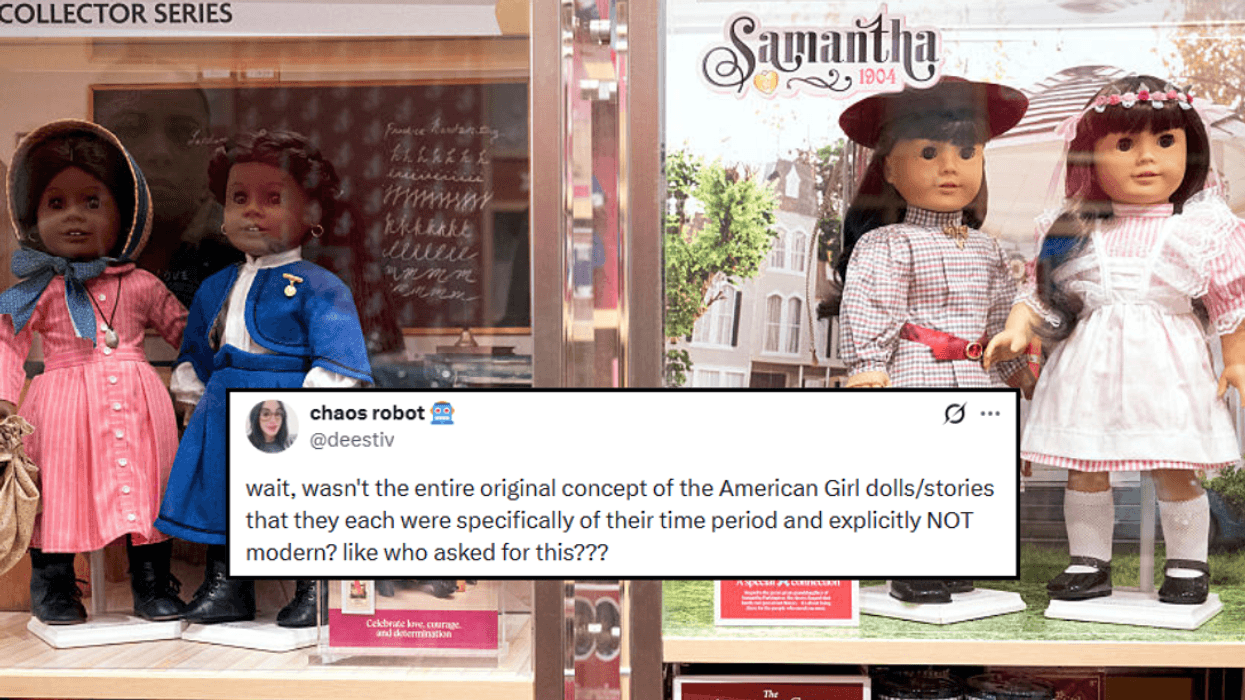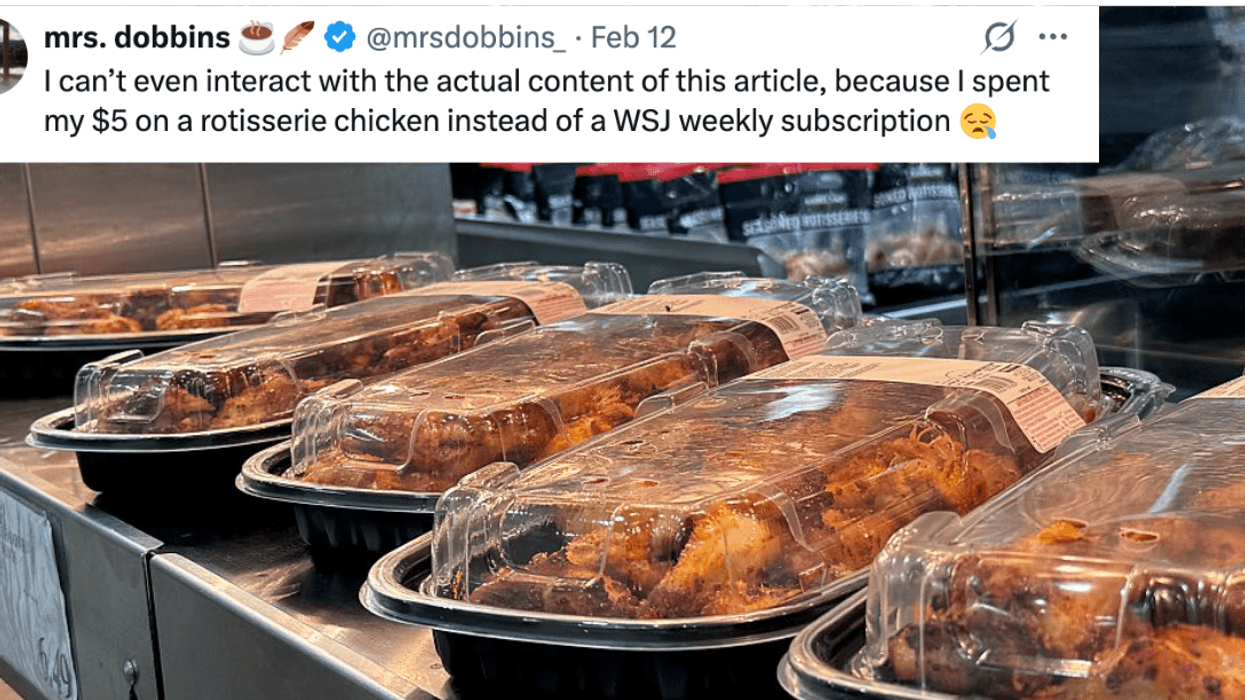President Joe Biden took a jab at former President Donald Trump's financial woes during a speech in Pennsylvania on Tuesday, eliciting laughter from the audience as he highlighted Trump's struggles with the stock price of Trump Media, which owns the social media site Truth Social.
Once reaching nearly $80 a share, the company's stock has seen a steep decline, closing at $22.84 on Tuesday. Trump, who owns about 60% of the company's stock, has consequently experienced a significant drop in his net worth, leading to his removal from the Bloomberg Billionaire Index.
The decline in stock price follows revelations from an SEC filing indicating that the company earned only $4.1 million in revenue last year while facing losses exceeding $58 million. Additionally, an auditor's note in the filing expressed doubts about the company's ability to "continue as a going concern."
Biden suggested that Trump and his policies are beholden to the billionaire class:
"Making big corporations very well to begin to finally pay their fair share [in taxes]. We're not asking anything that is unusual. Under my plan, nobody earning less than $400,000 will pay an additional penny. ...
"They're not going to pay an extra penny in federal taxes. That's a promise."
Then he quipped:
“If Trump’s stock in Truth Social ― his company ― drops any lower, he might do better under my tax plan than his.
You can hear what Biden said in the video below.
During his speech, Biden delivered another quip aimed at Trump's financial situation, humorously recalling an encounter with a "defeated-looking guy" who approached him for help with debt.
He added:
"I'm sorry, Donald, but I can't help you."
You can hear what Biden said in the video below.
Biden's audience laughed—and so did social media users who appreciated the president's trolling.
Trump's policies have largely benefited society's wealthiest.
According to the Center for Budget and Policy Priorities (CBPP), a progressive American think tank that analyzes the impact of federal and state government budget policies, the 2017 Trump-era Tax Act was "skewed to the rich," noting that:
"Households with incomes in the top 1 percent will receive an average tax cut of more than $60,000 in 2025, compared to an average tax cut of less than $500 for households in the bottom 60 percent."
The organization said last month that the tax cuts were "expensive and eroded the U.S. revenue base," remarking that at this moment there is "simply not enough revenue given the nation’s investment needs and our commitments to Social Security and health coverage."
According to economists Emmanuel Saez and Gabriel Zucman from the University of California at Berkeley, in their recent publication The Triumph of Injustice, the wealthiest 400 families in the United States paid an average effective tax rate of 23% in 2018. Surprisingly, this rate is slightly lower than the 24.2% paid by the bottom half of American households.
This disparity in tax rates reflects a longstanding trend of declining taxes on the wealthy. In 1960, the top 400 families paid a tax rate as high as 56%, which steadily decreased to 40% by 1980. However, the enactment of Trump's tax cuts marked a significant turning point.
Trump's tax cuts, considered one of his few notable legislative achievements, exacerbated the discrepancy in tax rates. The controversial tax package resulted in a 2.5% tax cut for the top 0.1% of U.S. households, pushing their tax rate below that of the lower 50% of American earners.

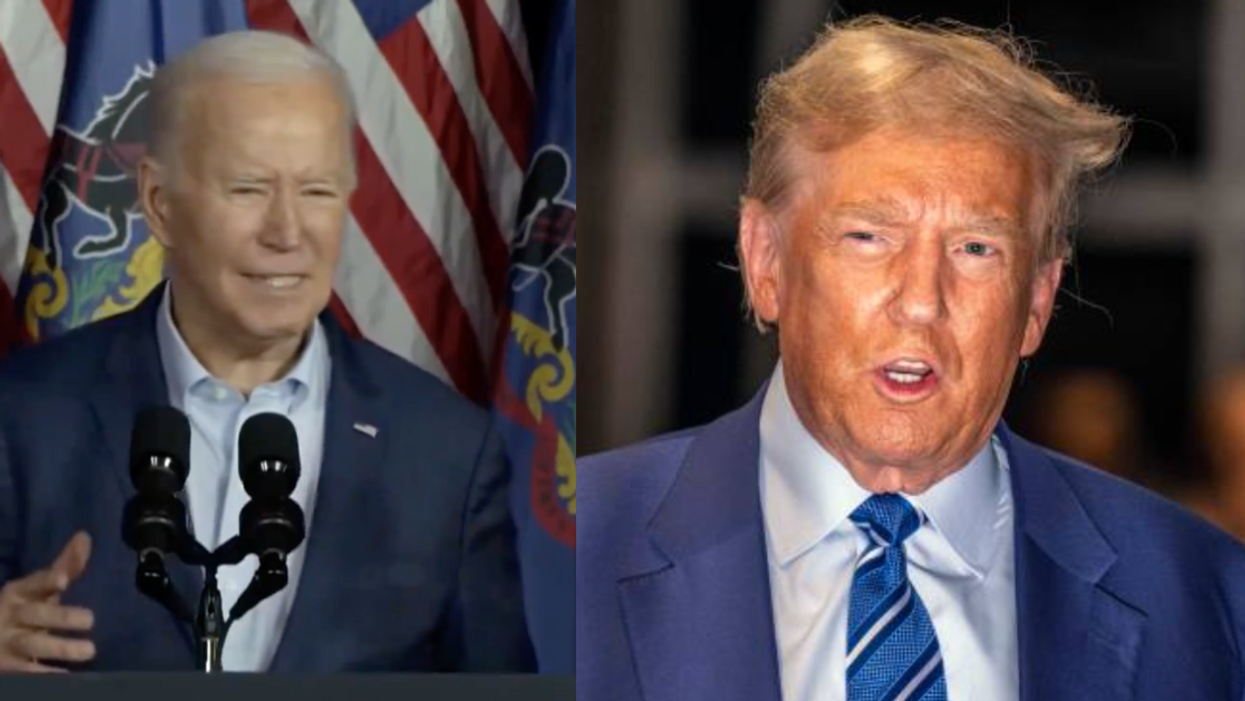





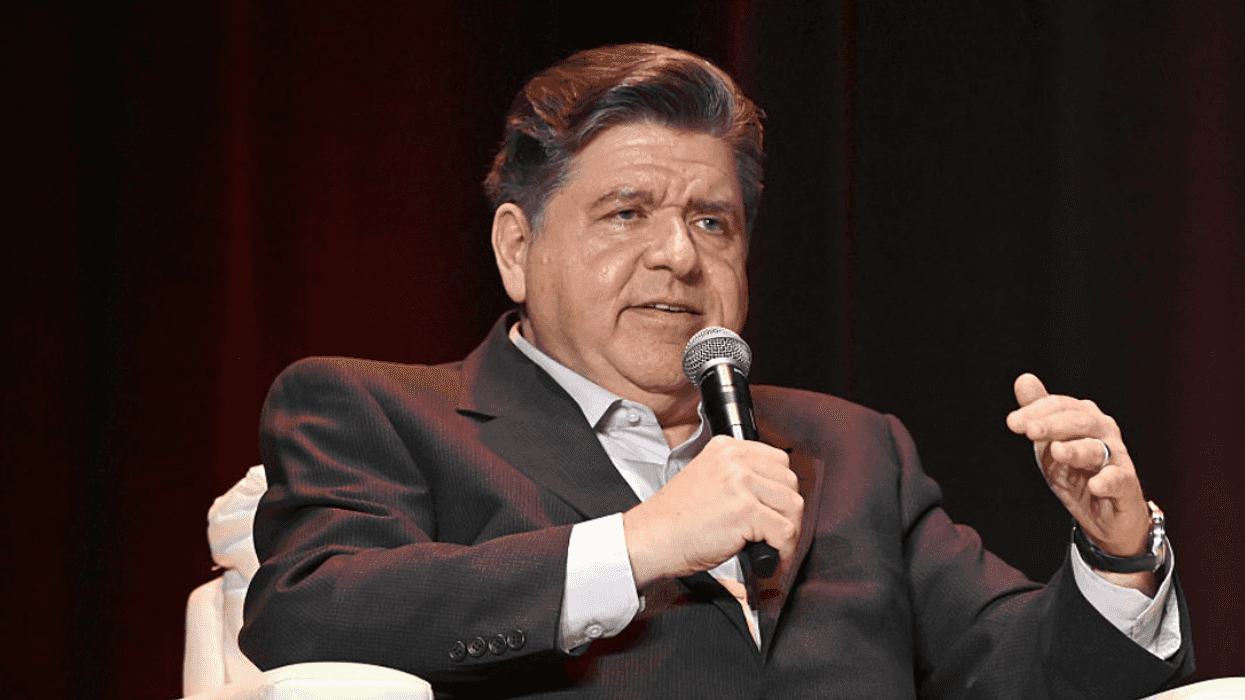
 @GOP/X
@GOP/X





